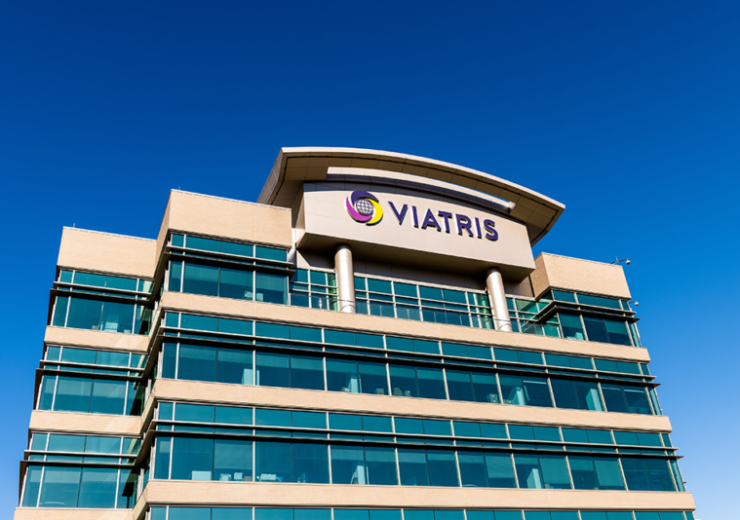Under the agreement, Viatris will get exclusive global development and commercialisation rights to these assets along with the potential to incorporate additional assets in the future

Viatris global headquarters in Pittsburgh, Pennsylvania, US. (Credit: Viatris Inc.)
Switzerland-based Idorsia has signed a global research and development (R&D) collaboration agreement with healthcare company Viatris for two Phase 3 assets, including selatogrel and cenerimod.
Under the agreement, Viatris will get exclusive global development and commercialisation rights to these assets along with the potential to incorporate additional assets in the future.
The agreements state that Idorsia will receive an upfront payment of $350m, potential development and regulatory milestone payments, and certain contingent payments of additional sales milestone payments and tiered royalties on annual net sales.
Viatris will get the development programmes and certain personnel for selatogrel and cenerimod.
The healthcare company will commercialise both assets anywhere in the world except Japan, South Korea, and a few other Asia-Pacific nations for cenerimod only.
The development of the ongoing Phase 3 programmes through regulatory approval will be supervised by a joint development committee.
Additionally, both companies will share the development costs for these programmes.
Idorsia MD and CEO Jean-Paul Clozel said: “I’m delighted that with Viatris we have found a strong partner to secure and accelerate the development programmes for both selatogrel and cenerimod by leveraging the strength of Viatris’ global infrastructure.
“From the first meeting, it was clear that the team at Viatris shares the same excitement and engagement for our innovations.”
Selatogrel is a potentially life-saving self-administered medication for patients with a history of acute myocardial infarction (AMI), or heart attack.
Cenerimod is a new immunology candidate that has the potential to be a first-in-class oral therapy to treat systemic lupus erythematosus.
This asset is said to have the potential for broad application across multiple autoimmune diseases.
Viatris CEO Scott Smith said: “I believe that together we will be able to execute on the potential of these global assets and any future assets as we work to deliver on our goal of building a more durable, predictable portfolio on the foundation of our strong base business, and that selatogrel and cenerimod can become meaningful components of Viatris’ business over the long term.”
The deal is anticipated to close by the end of March subject to certain customary closing conditions.
